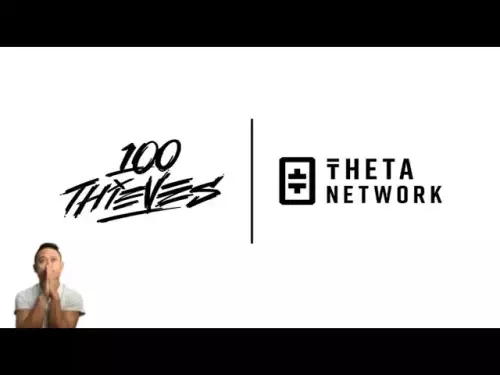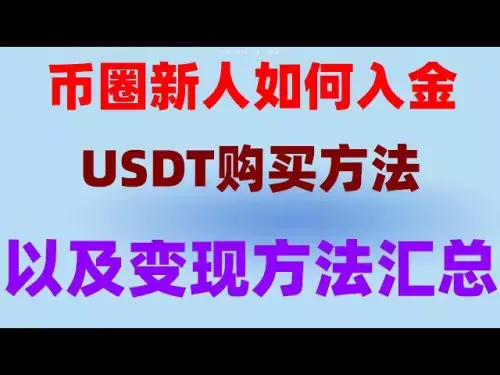Exploring the risks and rewards of self-custody in crypto, focusing on seed phrases and the liabilities they introduce. Is it truly 'being your own bank' or just shifting the burden?
Seed Phrase, Self Custody, and Liability: Are You Really Your Own Bank?
Self-custody has always been a core tenet of the crypto world, promising freedom from traditional financial institutions. But with that freedom comes responsibility, particularly when it comes to seed phrases. Are they the key to true ownership, or a liability waiting to happen?
The Illusion of Control: Seed Phrases and Self-Custody
For many, self-custody is about having the right to "be your own bank." It's a practical move to protect assets from exchange hacks and mismanagement, like keeping a safe full of cash at home. The industry standard for recovery, the seed phrase, can often lead to significant losses when mishandled. In the early days of Bitcoin, managing private keys was the only option. Seed phrases were introduced to simplify this, using a sequence of words to represent a private key, as outlined in Bitcoin Improvement Proposal-39 (BIP-39). While easier to manage than long strings of characters, the risk of loss through human error, theft, or disaster remains the same.
The Stone Age Security of Seed Phrases
The problem is that self-custody has become synonymous with seed phrases, but a seed phrase is more of a liability than a capability. Sure, it lets you regenerate your keys, but it also gives anyone who sees it complete access to your funds. People resort to archaic security measures like burying them or stamping them on heat-resistant alloys. Is this really the pinnacle of security for digital cash? Managing a seed phrase might be better than dealing with private key material, but it’s still not great for security, safety, or user experience.
XO Pay: A Step Towards User-Friendly Self-Custody
Companies like Exodus are trying to make self-custody more accessible. Exodus has launched XO Pay, allowing users to buy and sell crypto directly within their mobile wallet, powered by Coinme’s Crypto-as-a-Service (CaaS) API platform. This allows customers to purchase BTC within the wallet without going through third-party exchanges while keeping full control of their assets. This simplifies the process of purchasing cryptocurrencies such as Bitcoin. By integrating the purchasing process directly into the mobile wallet, Exodus is removing barriers and simplifying the journey from fiat to crypto, and back. This is part of Exodus’ broader mission to make digital assets more secure, as the demand for Bitcoin is increasing.
The Future of Self-Custody
Bitcoin is meant to be electronic cash, software meant to be used. Securing it shouldn't be a source of anxiety and difficulty. The future of money should be intuitive, inspire confidence, and not result in lost coins due to typos or lost slips of paper. Seed phrases are a clunky stopgap, not the end game for a digital currency. It's time to stop treating them as the defining characteristic of self-custody.
So, are you really your own bank with a seed phrase? Maybe not entirely. But as technology evolves and companies prioritize user-friendly solutions, the promise of true self-custody might just be within reach. Until then, keep those seed phrases safe… or maybe explore some better options!
Disclaimer:info@kdj.com
The information provided is not trading advice. kdj.com does not assume any responsibility for any investments made based on the information provided in this article. Cryptocurrencies are highly volatile and it is highly recommended that you invest with caution after thorough research!
If you believe that the content used on this website infringes your copyright, please contact us immediately (info@kdj.com) and we will delete it promptly.












































































